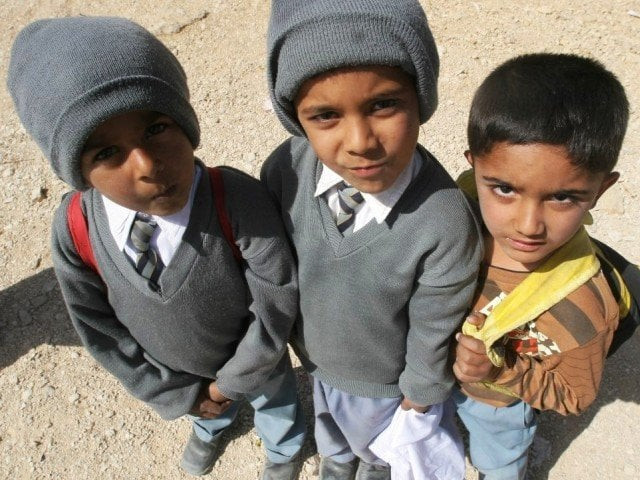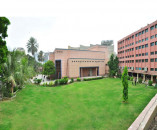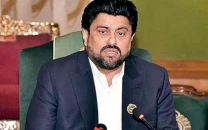Risk or reward?: Even a child of 12 years must be told before clinical trial, say speakers
Doctor stresses clinical trials without patient’s consent are unethical, illegal.

"A patient is a partner during the clinical trial. The partnership between practitioners, patients and family is important," Nadeem Mustafa Khan, the regional CEO of AKU health services. PHOTO: FILE
They were speaking on the first day of the the two-day symposium, titled ‘Clinical Trials in Pakistan: Bridging Gaps and Building Networks’, at the Aga Khan University (AKU). The speakers said that conducting clinical trials without the informed consent of patients was illegal and immoral, advising practitioners to allow maximum time to a patient to go through the forms and procedures.
“Whosoever causes harm is liable,” said Amin Jivraj, a general counsel at the AKU, while referring to Article 9 and 14 of the Constitution. He said that even a child of 12 years of age must be informed verbally before a clinical trial. “The population of Pakistan is vulnerable because of the widespread prevalence of poverty and illiteracy so the practitioners should be more careful of the rights of the patients,” he added.
“Don’t assume marginalised people are not aware of their rights or they are fools because of their social and economic conditions,” endorsed AKU’s Department of Community Health Sciences Associate Prof. Dr Omrana Pasha.
Sharing her experience as a trial partner at the AKU, a patient, Shaheen Tahir, said that it was a difficult decision for her and her husband to go through the trial. “I was completely facilitated by the team.” She said that internet research also helped her though the process. “I had several questions and each one was answered by the team members.”
Talking on the ‘Patient at the Centre of Trial’ concept, Nadeem Mustafa Khan, the regional CEO of AKU health services, said that the university had launched the experience in 2010 while the interventions multiplied in 2013. “A patient is a partner during the clinical trial,” he added. “The partnership between the practitioners, patients and family members is very important.”
“Hunooz Dilli Dur Ast [Delhi is far away] but not unreachable,” said Dr Farhat Moazam, the chairperson of the Centre of Biomedical Ethics and Culture at the Sindh Institute for Urology and Transplantation. She criticised the gifts, trips and other privileges that pharmaceutical companies shower upon medical practitioners.
She stressed that it was against medical ethics to conduct research on human subjects without following the required guidelines. “Every professional should obey the ethics of his profession,” she urged.
Pakistan Medical Research Council executive director Dr Huma Qureshi said that the National Bioethics Committees were formed in 2004 but these committees have no legislative powers and all submissions are voluntarily.
“The progress is slow. Many institutional committees have not shown any progress despite various trainings,” added Dr Qureshi. She said that the results of clinical trials are not published, adding that the trails are evaluated by drug divisions, which was unethical.
Dr Rozina Karmaliani, Dr Azizunissa Irum Naz, Dr Mughis Sheerani and Carol Ariano of the AKU and Dr Faisal Sultan of Shaukat Khanum Memorial Cancer Hospital spoke on challenges of clinical research and gaps in clinical trials.
Published in The Express Tribune, February 22nd, 2014.



















COMMENTS
Comments are moderated and generally will be posted if they are on-topic and not abusive.
For more information, please see our Comments FAQ